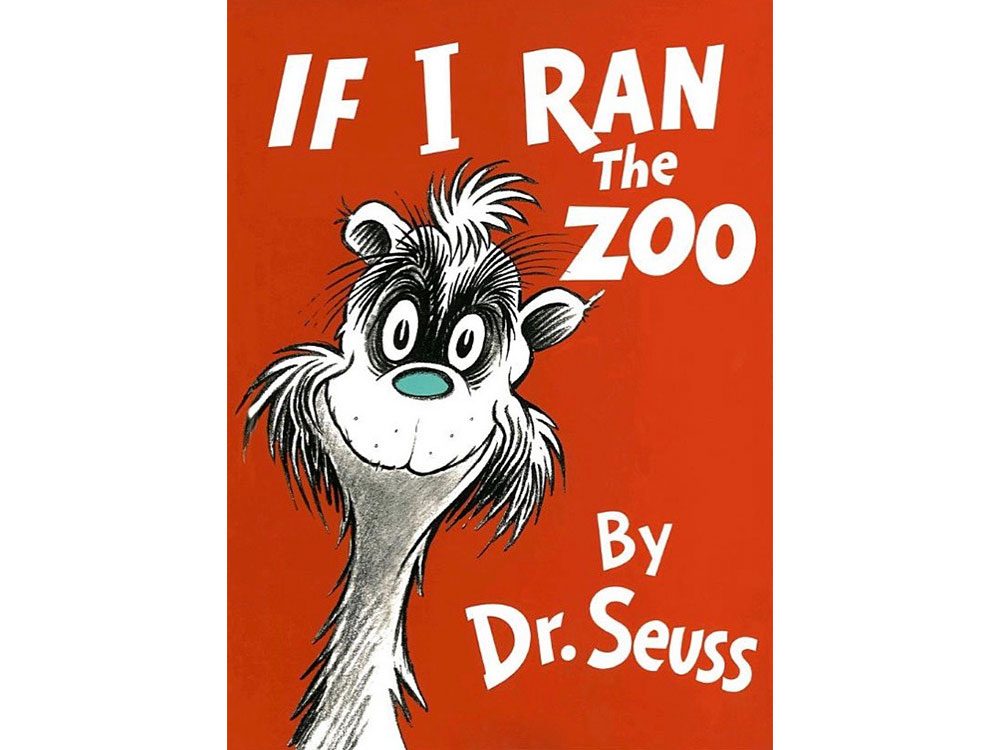
Nerd
Dr. Seuss, one of history’s most famous authors, named one of his oddball creatures a nerd in 1950’s If I Ran the Zoo.
Plus: 19 Words You Never Realized Are the Same Backwards and Forwards
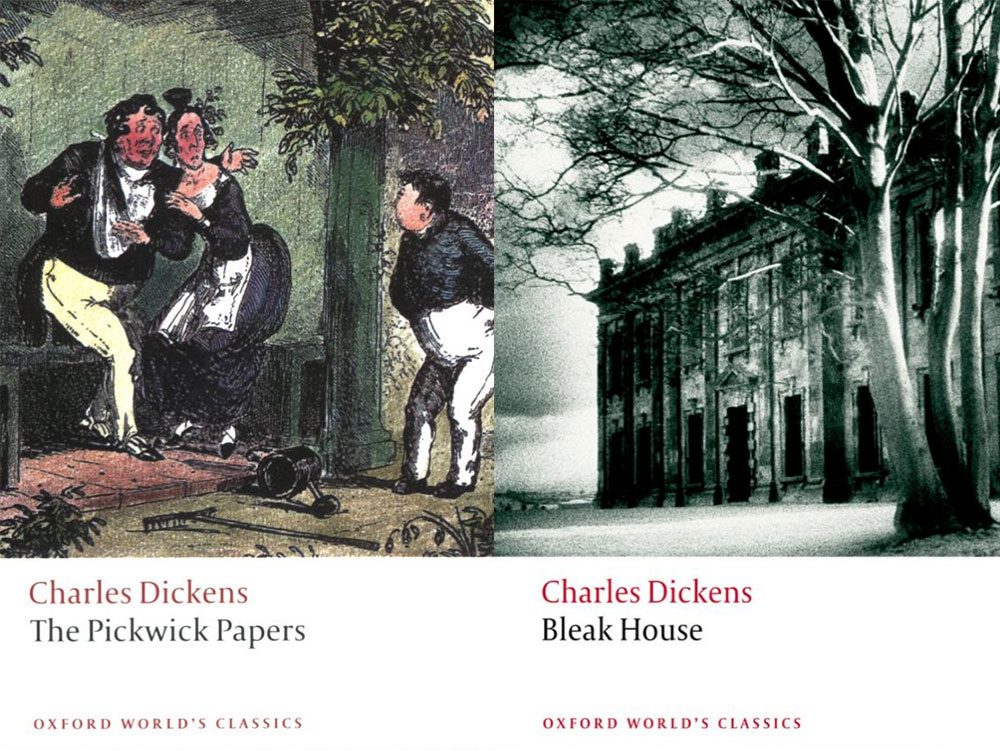
Flummox and Boredom
Charles Dickens coined the term flummox in The Pickwick Papers and boredom in Bleak House.
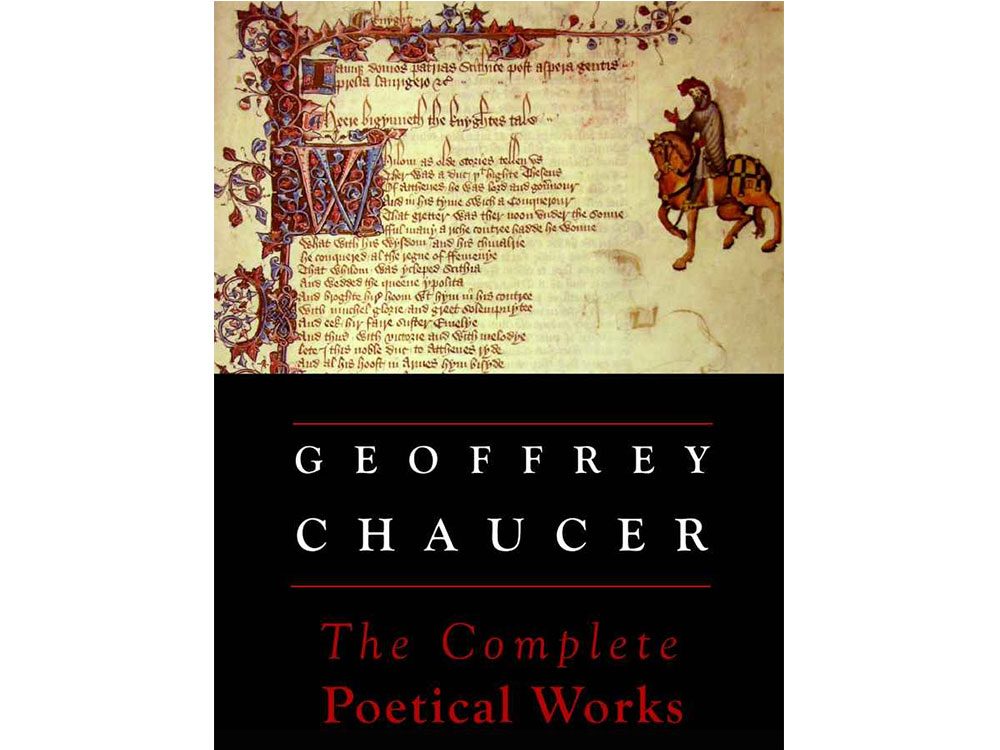
Geoffrey Chaucer first used twitter, which meant “to chirp continuously” (and still does, in a way).
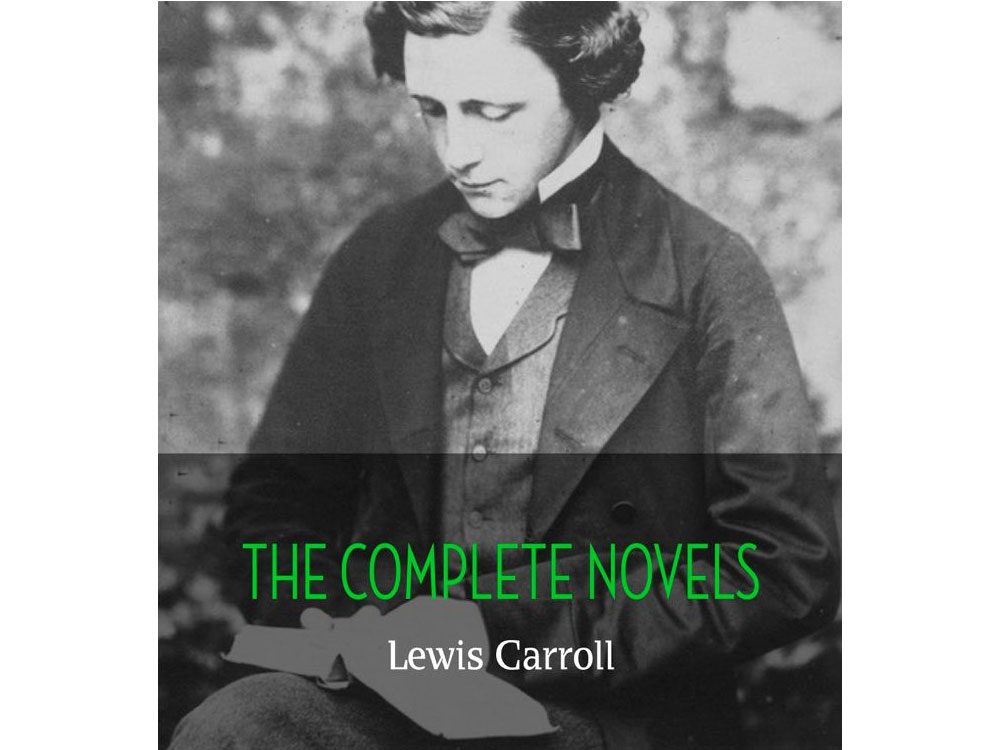
Chortle and Galumph
Lewis Carroll invented the mash-up words chortle and galumph in his nonsense poem “Jabberwocky.”
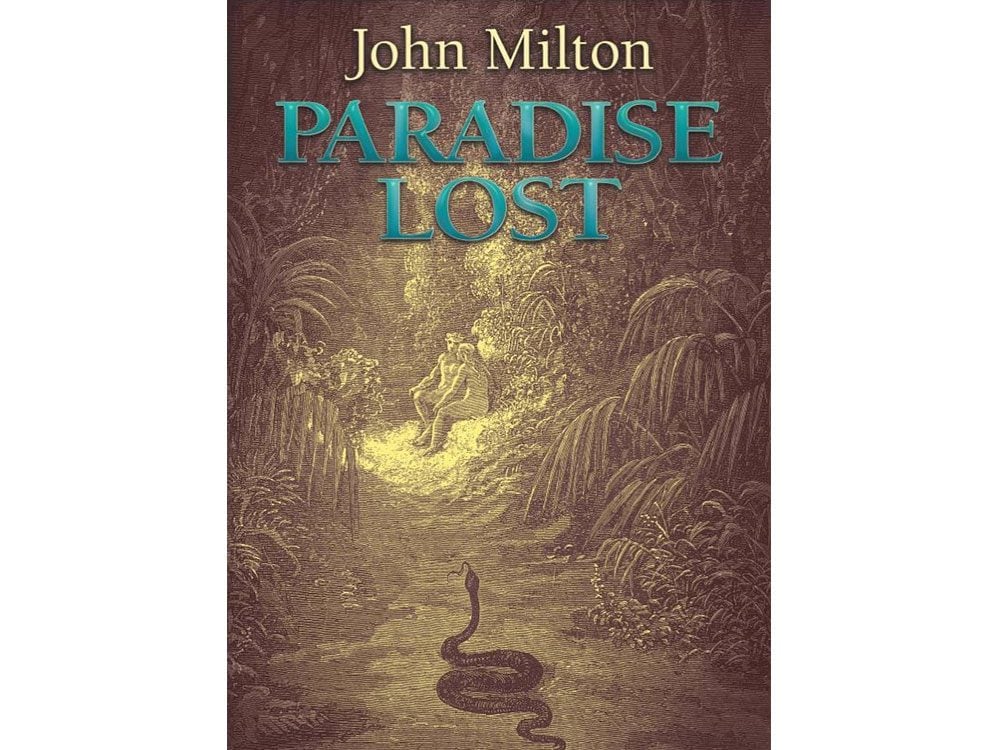
Pandemonium
John Milton coined pandemonium, combining classical terms for “all” and “evil spirits,” in Paradise Lost.
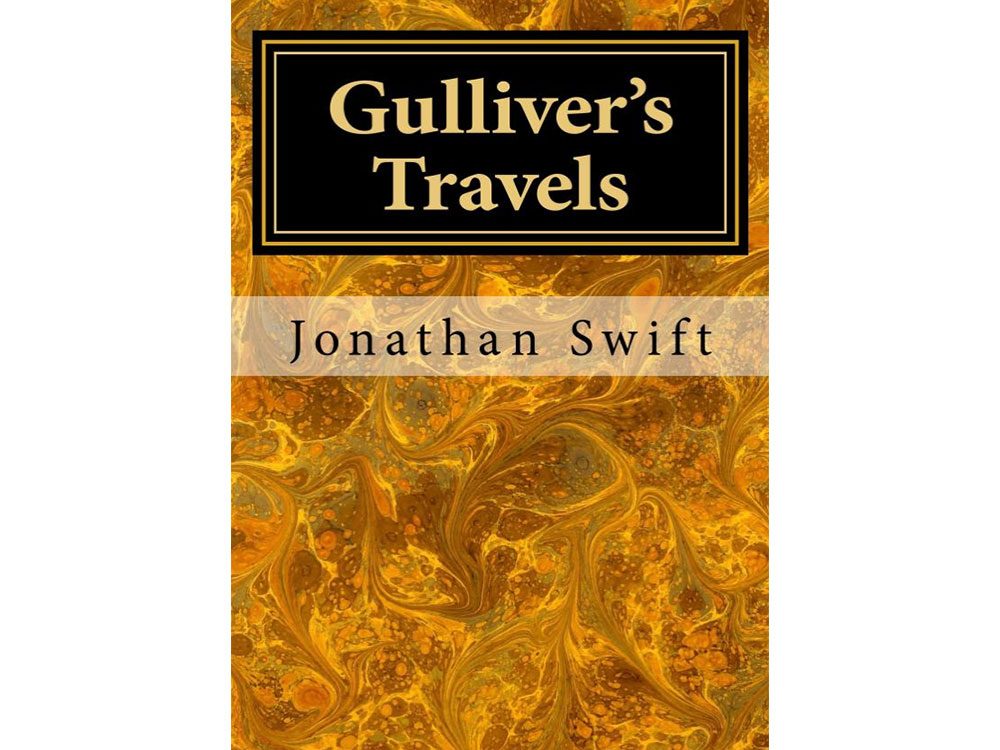
Yahoos
Jonathan Swift invented Yahoos as a term for the dregs of humankind in Gulliver’s Travels.
Here are 9 Great Words You Never Knew Were Gaelic.
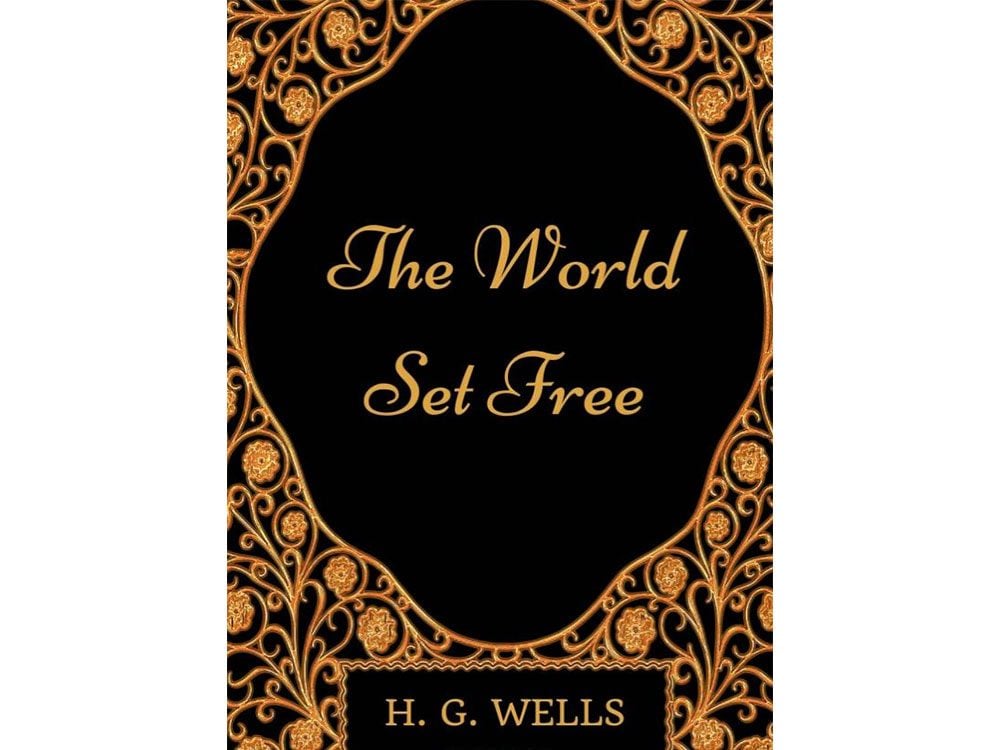
Atomic Bomb
Science fiction author H.G. Wells first used the term atomic bomb in his 1914 novel The World Set Free. A physicist patented the idea for a nuclear reactor after reading it.
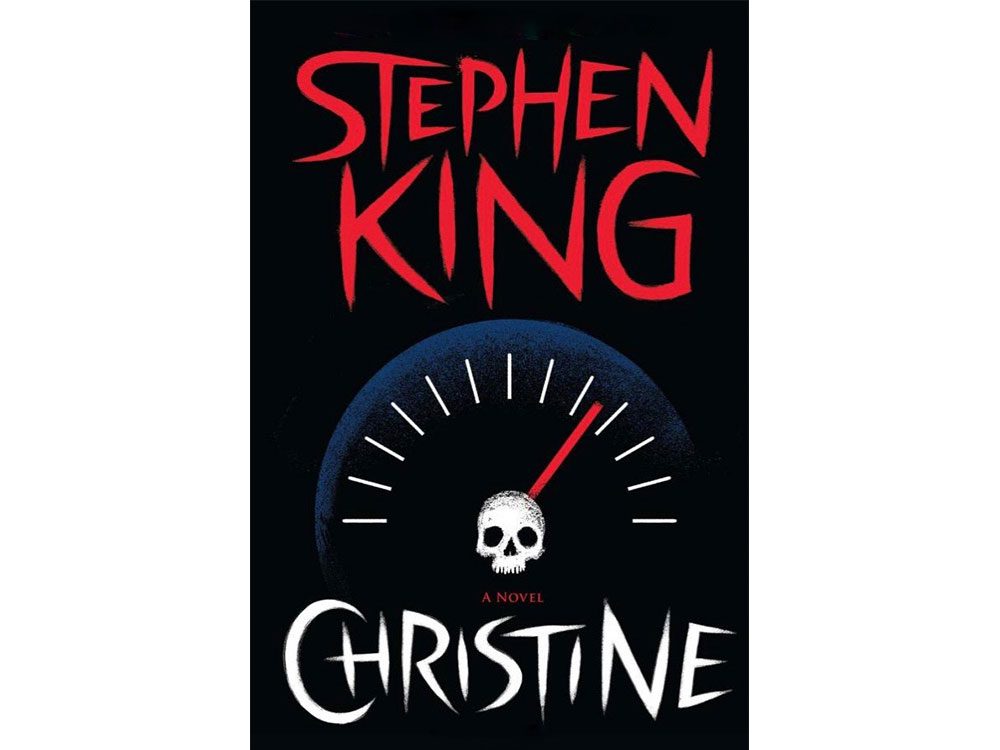
Pie Hole
Stephen King put pie hole (slang for “mouth”) in print for the first time in his 1983 novel Christine.
Check out these 21 expressions that were all invented by Shakespeare.